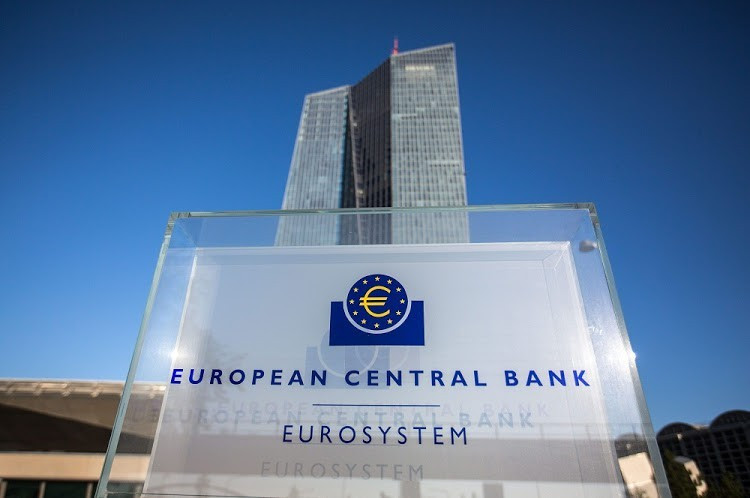Within the past year, the ECB has raised lending interest rates by a record total of 4 percentage points. The ECB's announcement stated that the Governing Council’s future decisions will ensure that key ECB interest rates will be brought to levels sufficiently restrictive to achieve a timely return of inflation to the 2% medium-term target.
Economists forecast that the ECB will have a comparable rate hike next July, before pausing rate hikes for the rest of 2023. According to ECB President Christine Lagarde, unless there is an important change in the ECB’s basic assessment, the bank will continue to raise interest rates at its next meeting in July.
The move comes as growth in all 20 eurozone countries is stagnating and inflation has decelerated thanks to falling energy prices and rising interest rates. At 6.1% now, inflation in the eurozone is well below double-digit levels but is still far above the 2% targeted by the ECB. Meanwhile, price increases, excluding food and energy, have only just begun to slow.
It is forecast that from now until the end of the year, a weakening economy will quickly decelerate the rate of price increases. However, the labour market is still tightening, basic wages are rising rapidly and price pressures, especially in the service sector, still seem too high, prompting the ECB to continue its monetary tightening route. The ECB has raised its inflation forecast and warned that consumer prices will remain very high for a long time. At the same time, indicators of core inflation in the Eurozone are still high, suggesting that the bank will have to continue raising interest rates.
In April, the International Monetary Fund (IMF) warned that potential financial system vulnerabilities could erupt into a new crisis and slow global economic growth this year. The IMF forecasts that real global GDP growth will be 2.8% in 2023 and 3% in 2024, 0.1 percentage point lower than the forecasts made in January.
Warning about the medium-term challenges to the global economy, the IMF has called on the US Federal Reserve (Fed) and other central banks, to continue maintaining a tight monetary policy to fight inflation.
According to an IMF spokesperson, inflation momentum has slowed in the US but remains a pressing concern. If inflation persists longer than expected, the Fed may need to raise rates higher and for a longer time. The Fed needs to maintain its monetary policy to ensure a sustainable decrease in inflation.
In the meantime, the Fed ended its interest rate hike cycle with a decision to keep interest rates unchanged on June 14. This makes global investors think that the monetary tightening cycle in advanced economies is about to end, although the US can still make a few more rate hikes.
The ECB continues to raise interest rates to achieve its goal of curbing inflation even when the Eurozone economy weakens. According to Lagarde, although some indicators show signs of improvement, there is no clear evidence that core inflation has peaked and the ECB cannot stop its fight against inflation.
















